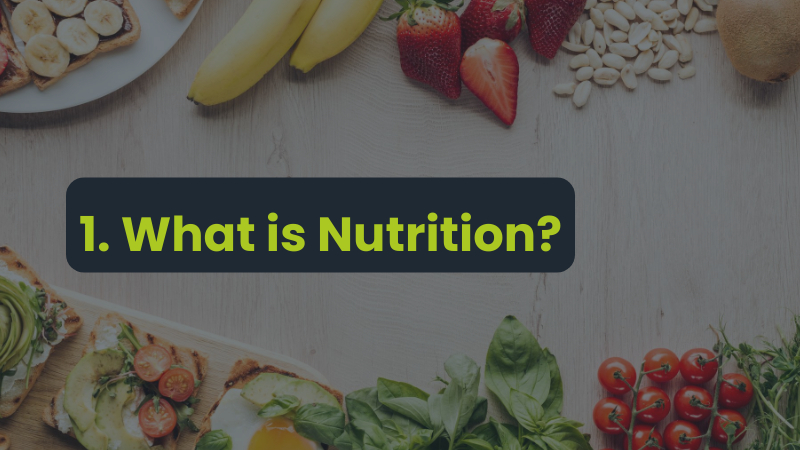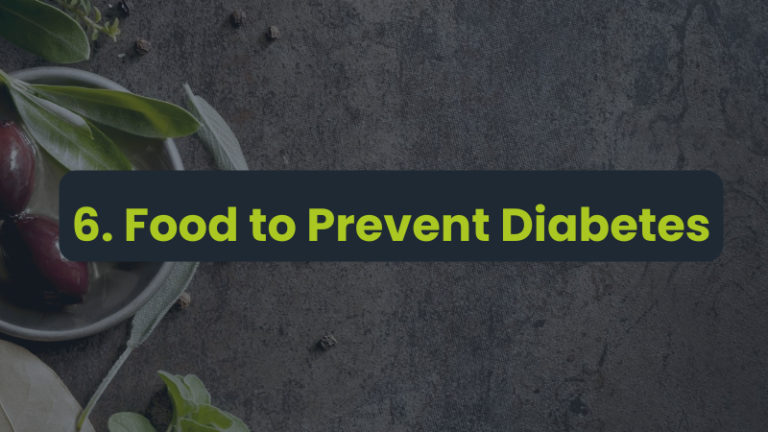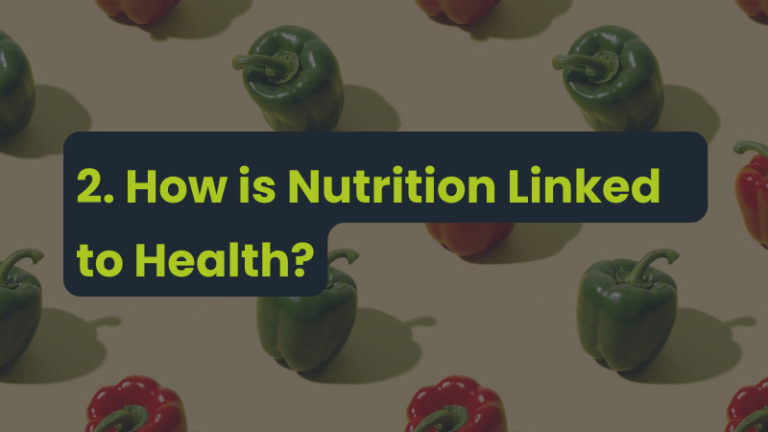What is Nutrition?
The role of nutrition is an important one in the health and well-being of an individual. Inadequate nutrients can lead to disease, starvation, and even death. The effects of an imbalanced diet are profound, affecting all aspects of a person’s life.
Among other things, nutrition provides energy, which allows a person to perform daily activities. It is vital to get enough fuel, especially for growing children and pregnant women. The body uses energy from food to perform essential functions, like maintaining body temperature, keeping the heart beating, and digesting food. Dietary fats are essential for the body, providing structure to cells and cushioning membranes. They also help the body absorb fat-soluble vitamins.
There are three types of carbohydrates. The first type, known as simple carbohydrates, contains glucose, which the body uses as fuel. It also stores excess glucose in the muscles and liver. These carbohydrates are found in natural foods like fruit and vegetables. The second type, known as complex carbohydrates, contains protein. It is broken down into glucose in the digestive system.
Plants use the elements found in soil to synthesize proteins and other essential compounds. But unlike autotrophs, the human body cannot produce most of these nutrients, so it must rely on food as its main source of nutrients. The nutrients contained in food are called essential nutrients.







